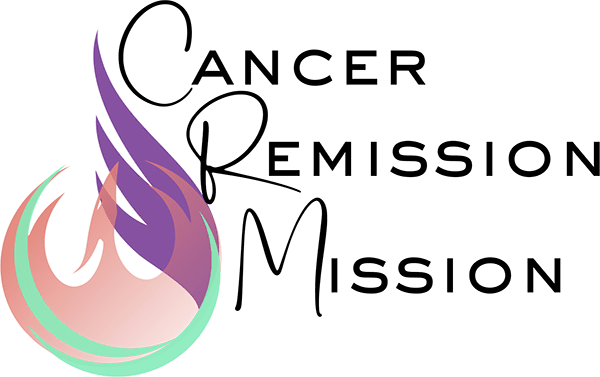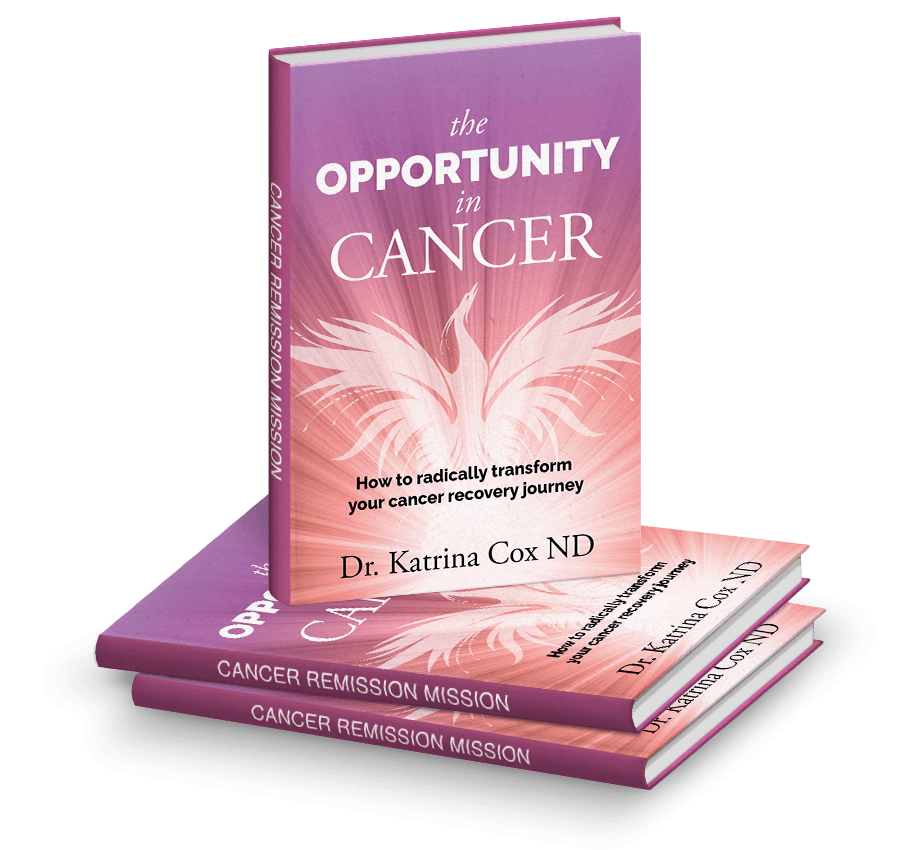Cancer Survivors: What does it mean to be thriving?
I define thriving as a state of flow where cancer survivors are no longer JUST surviving. Just being in survival mode is not good enough. It’s not a quality of life that we really want to strive for in those who’ve been through a harrowing healthcare journey such as cancer.
People who are cancer survivors need to be given the tools to be able to transform their lives so that they can feel like they’re fully thriving. There are steps to do this, and the most important thing that I see many people fail to focus on is addressing stress.
In this day and age, we all know that we need to do a better job with our stress management, whether we’re cancer survivors or not. However, there seems to be a lot of broad generalizations and not enough direction on how to actually move out of a stressed state.
Simply receiving the diagnosis of cancer and then going through treatment, puts many patients in “fight or flight mode”, where their baseline state is one that is stressed. For many it feels like one day, one breath, one step is all they can focus on at a time, in order to get to the other side.
However, once they are on the other side of treatment and remission, this “fight or flight mode” can be a huge barrier to enjoying day-to-day activities and maintaining a good quality of life. We really need to give our survivors the tools to address that constant feeling of stress.
How To Best Reduce Stress?
A recent 6-week study of breast cancer survivors, had the survivors participate in mindfulness-based programs to help reduce stress. Mindfulness Based Stress Reduction (MBSR) training and programs integrate mindfulness techniques, like meditation, yoga, body awareness, behavioral awareness, and emotional awareness.
To evaluate their stress level, the researchers looked at the patterns of cortisol at night. For context, overnight is when our cortisol should be coming down, recovering from the normal stresses of daily activities. We should be able to get into this non-stressed state in order to sleep. They found that without the mindfulness-based program, overnight cortisol levels remained elevated at night. Whereas, those who were involved in the mindfulness program had a more normal cortisol response in comparison. They also found these same participants had lower perceived stress (how they rated their own stress) and fewer depressive symptoms.
Can you imagine if we took that beyond six weeks? All it took was a six-week program to help them process and eliminate those heavy feelings of fear. We want to move our cancer survivors out of the fear, frozen, confused, or crushed state, to a state where they feel freedom, fortitude, and clarity. That thriving mental state allows cancer survivors to make better decisions for themselves and reclaim their confidence.
Jane’s Story
It reminds me of a survivor named Jane. Jane is a young mom of three girls, and not only has she had cancer twice, but she also discovered that her partner isn’t who she thought he was. Unfortunately, this happens to many of us when we get into these intense medical journeys. Sometimes the people that are closest to us show their true colors when we’re going through these tough times. For Jane, not only did she have to deal with the fact that she had cancer and went through treatment, but she also had the additional stresses of caring for her three young girls and a divorce from her husband.
Jane is a perfect example of a survivor in that constantly stressed “survivor state”. Not only was she fearful because she didn’t know what was going to happen to her daughters, but she was also confused because she found out that her partner isn’t who she thought he was. She was frozen, unable to take steps forward, because of the fear of having cancer again and what it would mean for her and her daughters if she were to go through treatment another time. She also felt crushed and deflated because all of a sudden a main member of her support network was disappearing.
Jane and I came up with a plan to be able to move her out of that frozen state. The first thing was to address her stress state. We created a care plan that integrated the use of herbs to support her nervous system, along with mindfulness techniques, and acupuncture. The additional benefit of the acupuncture for her was that the treatment itself allowed her 20 minutes once a week, where she could relax quietly by herself, and actually get into that meditative state. Through these fairly simple strategies, we were able to move her out of her stressed state in a fairly short time, and help her start to shift into thriving.
Once we gained some momentum, we also worked on releasing trauma from the past. This was a big step because it required some significant self-work from Jane, as well as a lot of support. When we release trauma from the past it can be obvious things like actual diagnosis and treatment, but it also can go deeper, including other traumas from other major life experiences. This was the case for Jane. She had to go through the trauma of her cancer journey, but also the additional trauma of her divorce.
It can feel overwhelming to start down this path of healing, but the emotional freedom and sense of fortitude are undoubtedly worth it, for you and the people around you.
The First Steps in Healing
If you are stuck in that state of constant stress, here are 4 important things I want you to know to help you move toward thriving:
- Including even small daily mindfulness-based activities (meditation, yoga, body awareness, behavioral awareness, and emotional awareness) can have a BIG impact.
- The most effective approach typically focuses on the whole person – look for ways to support the physical body, mental health, and even your spiritual health.
- Most cancer survivors benefit from expert support to help address trauma – social workers and therapists can guide you through the process.
- The process of releasing stress and healing can’t be rushed – be gentle with yourself!
Are you looking for support to move out of the “survivor state” and toward thriving instead? Reach out to find out ways we can work together.


